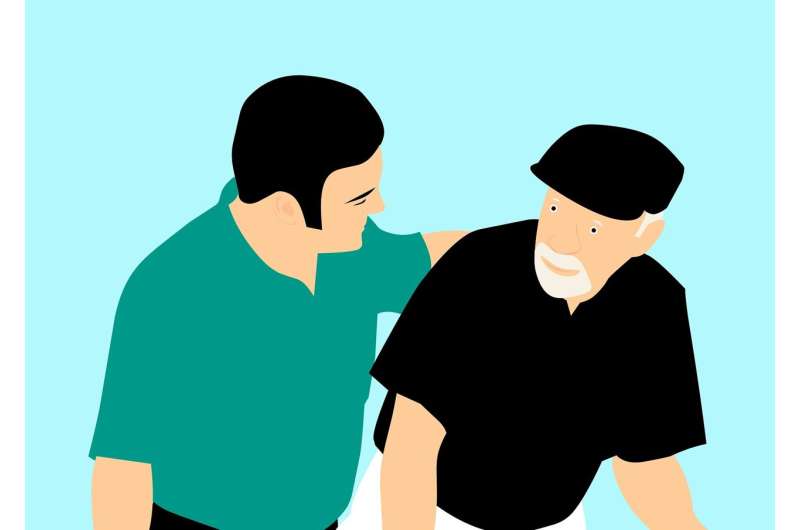This article has been reviewed according to Science X's editorial process and policies. Editors have highlighted the following attributes while ensuring the content's credibility:
fact-checked
peer-reviewed publication
trusted source
proofread
New early Alzheimer's treatment shows improvement in cognition

Dr. Heather Sandison, a leading expert in Alzheimer's Disease and Related Dementia (ADRD) care, has recently published a groundbreaking study in the Journal of Alzheimer's Disease, highlighting significant improvements in cognitive function among individuals with cognitive decline. The study is the second to employ a multimodal, individualized care plan and offers further hope for managing and potentially reversing cognitive impairment.
The study focused on individuals with objective cognitive impairment (OCI), a precursor to Alzheimer's disease. Dr. Sandison and her team recruited 34 participants from the San Diego, CA area to receive a comprehensive intervention based on potential contributors to cognitive decline, such as lifestyle changes, nutraceutical support, and medications.
Over the course of six months, the participants underwent regular clinical visits and received ongoing nutrition support through weekly phone calls. Cognitive function was assessed using the Cambridge Brain Sciences (CBS) battery and the Montreal Cognitive Assessment (MoCA) at baseline, one, three, and six months.
The results of the study were highly encouraging. After six months of intervention, the participants demonstrated significant improvements in cognitive function. MoCA scores increased from 19.6 ± 3.1 to 21.7 ± 6.2 (p = 0.013), indicating enhanced cognitive performance. Moreover, significant improvements were observed across all domains of the CBS cognitive battery, including memory, reasoning, verbal ability, and concentration.
Dr. Sandison commented, "It is so fulfilling to see patients improve and watch meaningful change not only for the patient but also their loved ones as they regain cognitive function. I'm hopeful these findings start the process of turning anecdotes into statistics and more patients begin to have access to this type of treatment."
The study's results have important implications for the field of Alzheimer's research and care. Currently, 6.5 million Americans have been diagnosed with Alzheimer's disease and this number is only growing. This study highlights the importance of addressing cognitive decline through a holistic and personalized approach, targeting various factors that contribute to the progression of the disease. The study demonstrates the feasibility and impact of a multimodal intervention approach to cognitive impairment.
Further research is warranted to validate and expand upon these findings. Dr. Sandison's study represents a significant step forward in understanding and treating cognitive decline associated with Alzheimer's disease. It underscores the importance of personalized, comprehensive care for individuals with cognitive impairment and sets the stage for future advancements in the field.
More information: Heather Sandison et al, Observed Improvement in Cognition During a Personalized Lifestyle Intervention in People with Cognitive Decline, Journal of Alzheimer's Disease (2023). DOI: 10.3233/JAD-230004





















